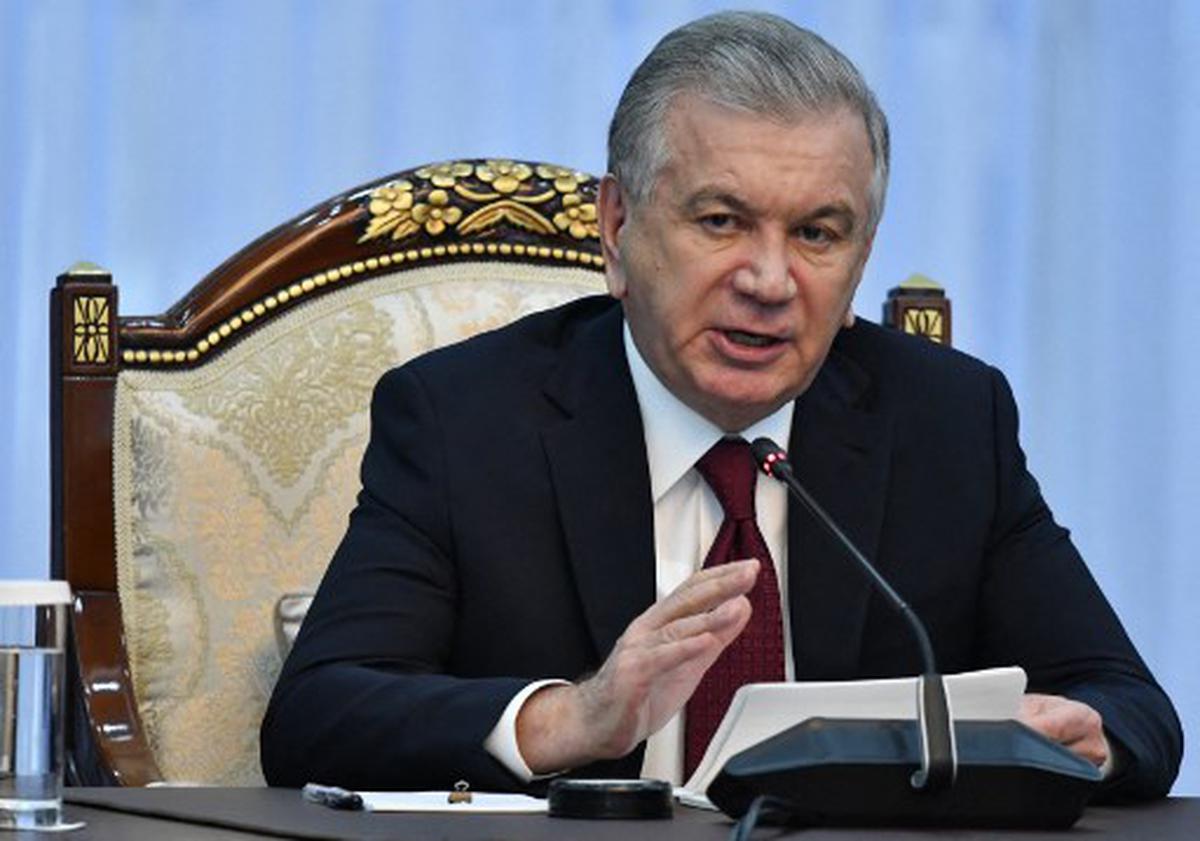
Introduction
In an effort to maintain his hold on power, Uzbek President Shavkat Mirziyoyev has announced his intention to seek re-election in July. The electoral commission released a list of three token candidates alongside Mirziyoyev, making the upcoming election appear more democratic on the surface. However, Uzbekistan’s political system remains largely authoritarian, despite recent reforms. As the campaign period is set to begin on June 7, this article delves into the background of Uzbek politics, examines the upcoming elections, and explores the potential implications for the country’s future.
1. The Political Landscape in Uzbekistan
1.1 Historical Context
To understand the current political climate in Uzbekistan, it is essential to consider the country’s history. Uzbekistan gained independence from the Soviet Union in 1991 and has since been led by a succession of authoritarian leaders. Islam Karimov, who held power for nearly three decades until his death in 2016, was succeeded by Shavkat Mirziyoyev.
1.2 Mirziyoyev’s Reforms
Mirziyoyev promised extensive political and economic reforms upon assuming office, leading to some positive changes within the country. He has pursued a more open foreign policy, sought to improve Uzbekistan’s relations with neighboring countries, and made efforts to attract foreign investment. These reforms have been viewed positively by the international community, but concerns regarding human rights and freedom of speech persist.
2. The Upcoming Elections
2.1 Candidacy Announcement
The electoral commission’s release of the candidate list confirmed President Mirziyoyev’s bid for re-election. While the inclusion of three token candidates may appear to create an illusion of choice, it is widely believed that Mirziyoyev’s victory is virtually assured.
2.2 Campaigning Period
As per the state news agency Uza, the campaigning period is set to commence on June 7. During this time, candidates will have the opportunity to present their platforms to the electorate and engage in public debates. However, it is important to note that the political environment in Uzbekistan still lacks a level playing field, with limited freedom of expression and opposition candidates facing various challenges.
2.3 Implications for Democracy
The upcoming elections will serve as a litmus test for Uzbekistan’s commitment to democratic principles. While Mirziyoyev’s reforms have shown progress, critics argue that true democratization requires substantial improvements in areas such as media freedom, judicial independence, and the protection of human rights. The international community will closely monitor the elections and assess their fairness and transparency.
3. Future Outlook for Uzbekistan
3.1 Continuity or Change?
The re-election of Shavkat Mirziyoyev would likely result in a continuation of his current policies. Uzbekistan would continue to pursue economic reforms, strengthen regional cooperation, and attract foreign investment. However, some observers argue that further steps are necessary to consolidate democratic institutions and foster a more inclusive political environment.
3.2 Potential Challenges
Despite the positive trajectory, Uzbekistan faces various challenges on its path toward political openness. Ensuring a smooth transition of power, addressing human rights concerns, and building strong democratic institutions will be vital for the country’s long-term stability and development.

Conclusion
The upcoming elections in Uzbekistan mark an important milestone in the country’s political journey.









